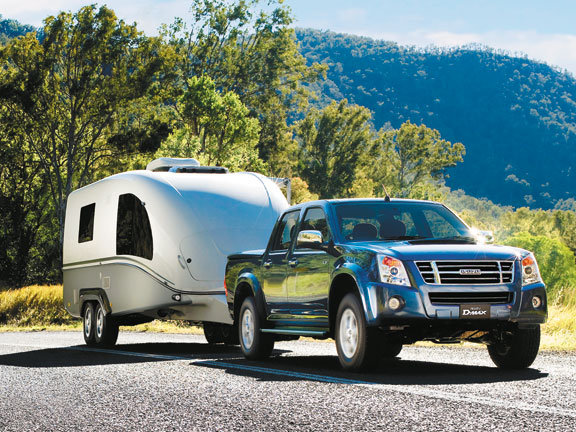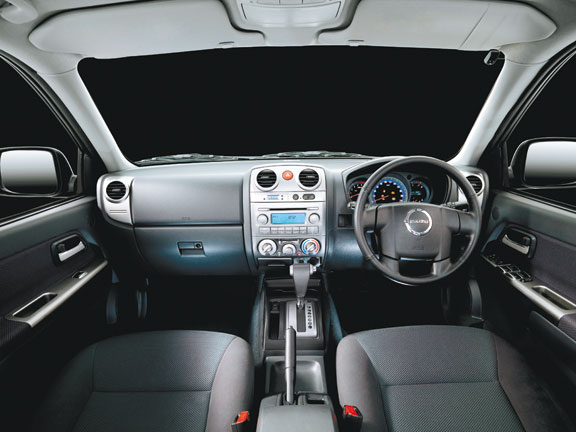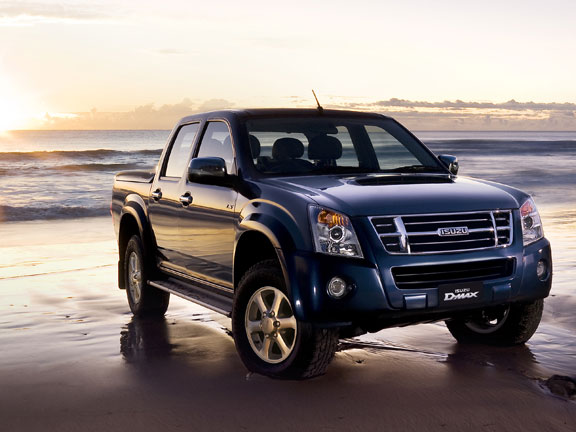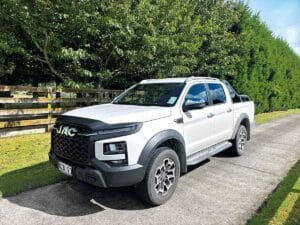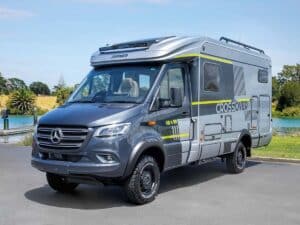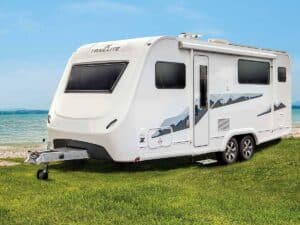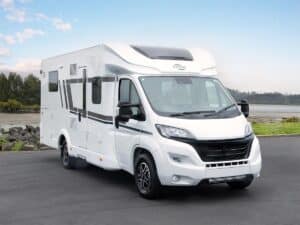- Well proven in Kiwi conditions
- Comfortable seating and driving position
- Diesel power unit won’t flinch at tow loads
- Class-leading traction
- Good after-sales support
The Isuzu D-Max ute is not shy about doing the hard yards as a tow vehicle for the boat, caravan or fifth wheeler. The entry level two-wheel drive variations can lug a hefty 2500kg; our top spec 4WD double cab competes with all the usual suspects by offering a three-tonne tow capacity.
Key to the D-Max’s renowned ability is a heavy duty ladder chassis, reinforced with eight high strength cross members to proportion load with less stress on the vehicle.
Engine and power
Underneath the bonnet lies the same reliable and potent 3.0-litre diesel engine that you’ll find in a Holden Colorado. It develops 120kW of power and 360Nm of torque if you opt for the five-speed transmission. To improve the life of those with an automatic transmission, torque is reduced slightly to 333Nm, but you’ll hardly notice the difference.
Utes are pretty blunt instruments on the road and this remains a little uncivilised, the limited slip differential will be a benefit on soft or slick grounds, but day-to-day it does grace the D-Max with oversteer tendencies that can have the tail out unexpectedly if you have a bit of a lead foot. Once the weight of a trailer comes on though, you’ll have class-leading traction, which adds stability at speed. There’s also an excellent electronically-controlled 4WD systems that can switch between 2WD, 4WD and low ratio gearing at the push of a button.
Retail pricing isn’t where I think it should be. Our top spec tester starts at $54,990 for the manual, $57,990 for the two-pedalled option – sure, for that money you get the strong tow capacity and offroad ability, one of the more comfortable ute interiors around, MP3 compatible audio, fog lights, a 120 watt 12 v adapter in the dash (for additional coolers, etc), a leather-bound steering wheel, cruise control and dual front airbags.
Disappointingly, and I criticise the Colorado similarly for this, you won’t receive side airbags to help protect you in a side impact – these are now increasingly available in D-Max’s competitors like the BT-50, Ford Ranger and Mitsubishi Triton.
And based purely on sticker price, Isuzu is asking several thousand more than Holden is for the Colorado. It would be nice if the brand could undercut more established brands in the market; still there is a reassurance here as actual transaction pricing is evidently lineball with Holden. Don’t be afraid to haggle with the dealer.
Speaking of which, there’s no concerns about after-sales support, Isuzu utes will basically piggy back off Hyundai New Zealand’s current dealer operations. So there are plenty of sales/service agents throughout the country.
Summary
If you like the Holden Colorado, you’ll like this. They are, for all intents and purposes, the same thing. Side airbags would improve safety, but the D-Max isn’t alone in this omission. A real powerhouse on the road unloaded, it’s easy to spin the wheels but the limited slip differential comes into its own once some weight is carried. Comfortable and built to last, the D-Max is more than capable at hauling the caravan or fifth wheeler behind it.
See the Isuzu D-Max ute for sale on Autotrader.
Specifications
Isuzu D-Max 4WD LS
Towing capacity 750kg unbraked/3000kg braked
Power 120kW @ 3600rpm
Torque 360Nm @ 1800rpm
Transmission Five-speed manual
Fuel economy 8.4 l/100km
Length/Width/Height 5030mm/1800mm/1735mm
Seating capacity Five

